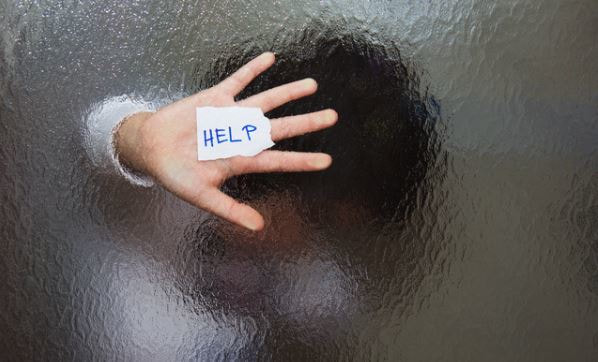|
Significant progress has been made de-stigmatizing substance use disorder, but it remains difficult for many people to ask for help. People often go to great lengths to avoid actually asking another human being for help for a variety of reasons, including the fact that as children we were not taught how, nor is asking for help modeled often in modern-day society.
Familial and Societal Influences If the messages you received as a child, directly or indirectly, taught you that reaching out for help was weak, unacceptable, futile, or embarrassing, it makes sense that you would avoid doing so whenever possible. It's human nature to fear rejection, and if you have a history of reaching for help - even for simple things - and being ignored or shut down, asking for help will be even more difficult as an adult. Society bombards us with images of 'perfection' - in mainstream media, social media, television, and magazines. Everywhere we look, especially as impressionable young adults, we are imprinted with the way things "should" be, and this leads us to compare and not identify with others. Human beings are social animals, and there is an evolutionary component to why it's so hard to ask for help. To ensure we will always be welcome in our communities we develop responses, like fear and pain (physical or emotional), that let us know when we risk alienation. When our social standing in the community feels threatened, these responses are triggered. We fear losing status, being treated unfairly, facing uncertainty, and rejection. When we experience all or some of these things, it creates deep distress and our brain signals that we need to modify our behavior to community norms and get back within the fold. This deep fear of being ostracized is based in our primal longing for connection. One of the hallmark symptoms of substance use disorder is that it tells us we are all alone, that we are weak, immoral, or broken, and that we are the only ones struggling the way we do. As much as we ache to break free from the grip of drinking or drug use, we look around at society and it seems like everything comes so much more easily to other people. Our disease, coupled with our instinctual fear of rejection, can prevent us from reaching out for help. The Role of Denial Denial is also a major obstacle to asking for help. As our drinking or drug use progresses, we justify and minimize our behaviors, making it harder to see the truth of how much trouble we're in. When actively drinking or using drugs, there is also a part of our brain that doesn't want the help - that feels like drinking or drugs is the only thing holding us together (even though the opposite is true) - and wants to cling to our substance of choice like a life-raft. Asking for Help is Connection The irony is that asking for help is the opposite of alienation; it is a powerful form of human connection. If you are having trouble believing this, think about how you feel when someone asks you for help. Knowing someone loves and trusts you enough to ask you for help feels amazing, doesn't it? Would you ever reject or ignore a loved one asking you for help? Treat yourself with the same kindness you would someone you love. Asking for Help is Brave If you were raised to believe asking for help is weak or wrong, remind yourself that peoples' inability to ask for help is based in fear. Facing any fear involves courage and bravery, which is the opposite of weakness. Not everyone can understand substance use, but everyone can understand the bravery it takes to reach out to another human being for help. Focus on the ways people are identifying with your strength, as opposed to listening to the narrative in your head that wants to silence you. Five Ways to Ask for Help with Substance Use Disorder
0 Comments
Leave a Reply. |
Archives
August 2018
Categories |
Location |
|


 RSS Feed
RSS Feed